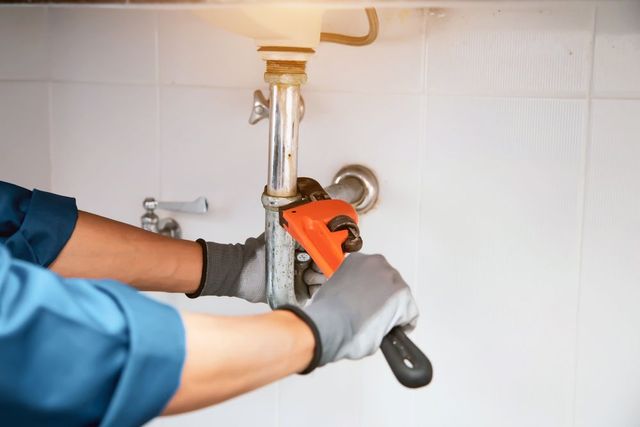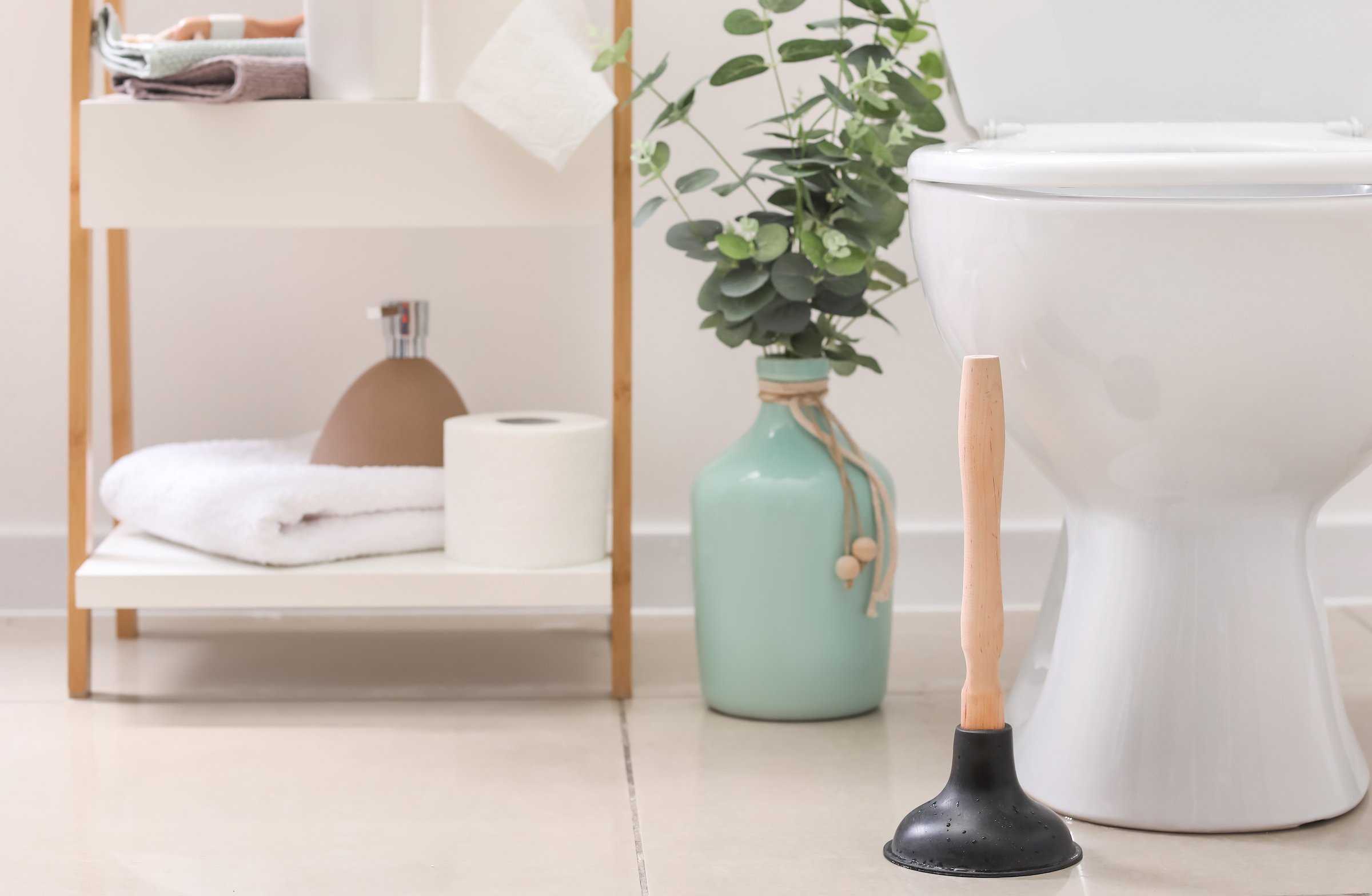Right here down the page you can discover lots of high-quality additional info when it comes to Smart Plumbing Tips for New Homeowners.

For brand-new house owners, understanding and preserving washroom plumbing can conserve both money and time by protecting against expensive problems down the line. Right here are some important shower room pipes ideas to aid you maintain whatever running smoothly.
Familiarize Yourself with the Main Shut-Off Shutoff
Knowing where the primary water shut-off shutoff lies in your house is crucial. This enables you to rapidly shut off the water in case of major leaks or during plumbing emergencies, protecting against extensive water damage.
Routinely Inspect for Leaks
Small leaks can cause big troubles. Regularly examine under sinks, around commodes, and near pipes components for any type of signs of leakages. Search for dampness, little drips, or rust. Capturing and repairing leakages early can protect against a lot more significant damage and conserve water.
Do Not Ignore Slow Drains
If your sink or bath tub is draining slowly, it's frequently a sign of a clog forming. Resolving this early can protect against a full clog. Utilize a bettor or a plumbing technician's snake to remove particles. Prevent using chemical drain cleaners as they can damage your pipelines over time.
Know What Not to Flush
Bathrooms are not waste disposal unit. Stay clear of flushing anything other than toilet paper and human waste. Items like wipes, feminine hygiene items, and cotton swabs should be thrown away in the garbage to prevent obstructions and sewage system back-ups.
Mount Strainers in Drains
Area filters in your sink and bath tub drains to catch hair and various other debris prior to they enter your pipes system. Cleaning up the strainers routinely will assist avoid buildup and maintain water flowing easily.
Keep Your Hot Water Heater
Ensure your water heater is readied to an ideal temperature (generally about 120 levels Fahrenheit) to avoid scalding and decrease power use. Flush the storage tank each year to get rid of debris accumulation, which can decrease the efficiency and life expectancy of your heating system.
Update Your Fixtures
If your home has older components, consider updating to a lot more reliable designs. Modern bathrooms, showerheads, and faucets are developed to use less water while providing excellent stress, which can dramatically minimize your water costs and environmental footprint.
Beware with DIY Pipes Repairs
While it's appealing to deal with all home repair services by yourself, be cautious with plumbing. Some problems might require expert knowledge, specifically if they involve primary water lines or drain repair work. Employing an expert can in some cases be more cost-effective than do it yourself, specifically if it avoids further damages.
Get Ready For Cold Weather
Secure your pipelines from freezing during winter by insulating pipelines in unheated locations like cellars, attics, and garages. Throughout extreme chilly, let cold water drip from faucets offered by subjected pipelines to aid protect against cold.
Schedule Routine Upkeep
Think about scheduling yearly inspections with an accredited plumbing. They can find issues that you might miss, such as concealed leaks or damage on pipelines and components. Regular maintenance aids extend the life of your plumbing system and can prevent emergency situations.
Verdict
Understanding and preserving your home's restroom pipes can stop many usual concerns. By following these necessary tips, you can guarantee your bathroom remains useful and effective, saving you money and time in the long run.
Essential Plumbing Tips for Homeowners: Keep Your Pipes Flowing Smoothly
As a homeowner, understanding the basics of your plumbing system can save you time, money, and a lot of headaches. Plumbing issues can range from minor annoyances like dripping faucets to major problems like burst pipes that cause significant damage. This guide provides essential tips to help you maintain your plumbing system and tackle common issues.
Understanding Your Plumbing System
- Supply System: Brings fresh water into your home from a municipal source or a well.
- Drain-Waste-Vent System: Removes wastewater and vents sewer gases outside.
- Fixtures and Appliances: Includes sinks, toilets, showers, dishwashers, and washing machines.
Basic Maintenance Tips
- Regular Inspections: Periodically check for leaks, corrosion, and other signs of wear and tear. Look under sinks, around toilets, and near water heaters.
- Know Your Main Shut-Off Valve: In case of a major leak, you’ll need to shut off the water quickly. Ensure everyone in your household knows where the main shut-off valve is located.
- Prevent Frozen Pipes: In cold climates, insulate exposed pipes and let faucets drip during extreme cold to prevent freezing.
- Use Strainers: Install strainers in sinks and tubs to catch hair, food particles, and other debris that can cause clogs.
Common Plumbing Issues and Solutions
Clogged Drains:
- Prevention: Avoid pouring grease down the drain and use drain screens to catch debris.
- DIY Fix: Use a plunger or a plumbing snake to clear minor clogs. For stubborn clogs, a mixture of baking soda and vinegar can sometimes help.
Leaky Faucets:
- Prevention: Replace washers and seals regularly.
- DIY Fix: Turn off the water supply, disassemble the faucet, and replace worn parts.

Click Here
Comments on “Crucial Bathroom Plumbing Advice for Beginners”